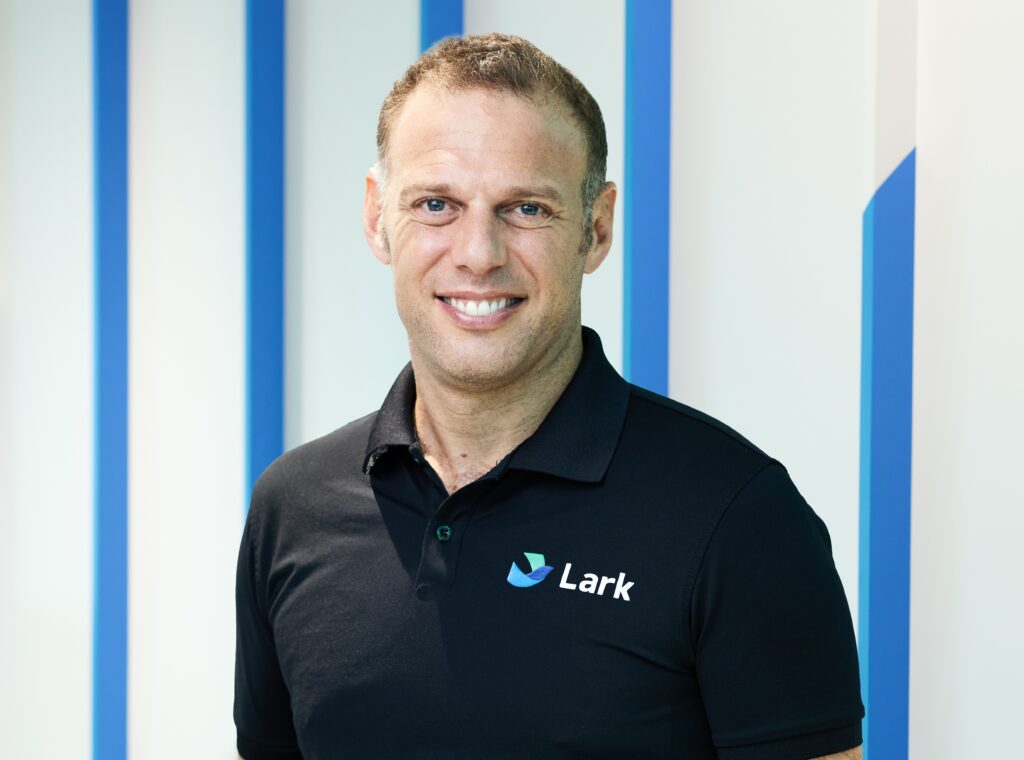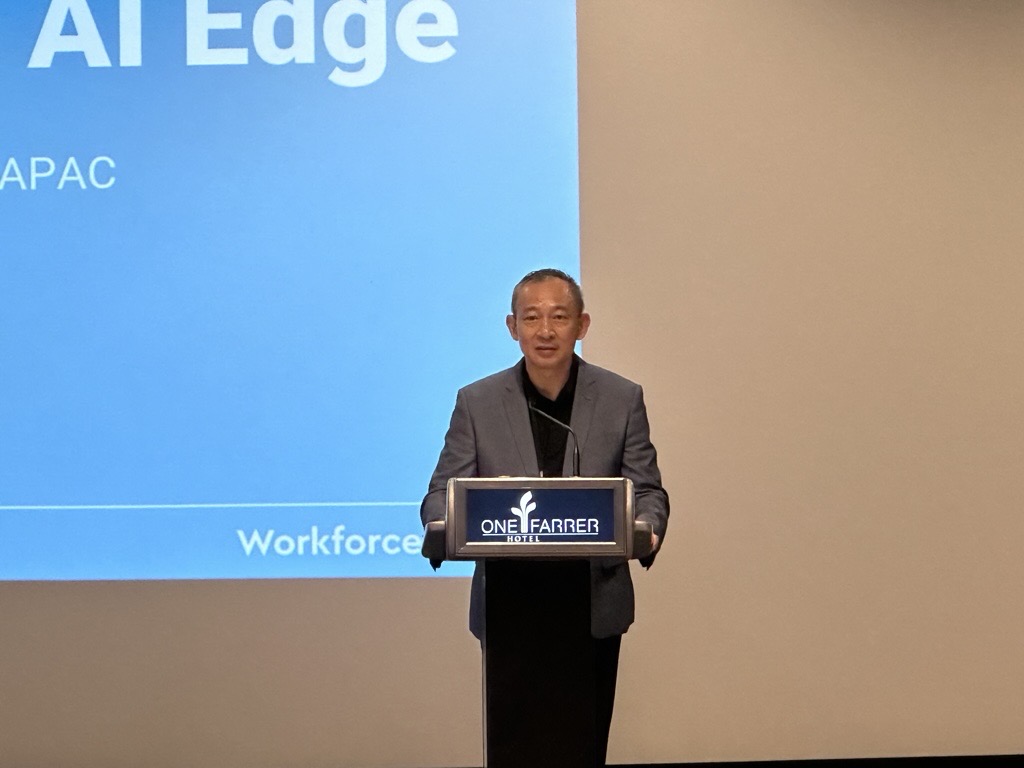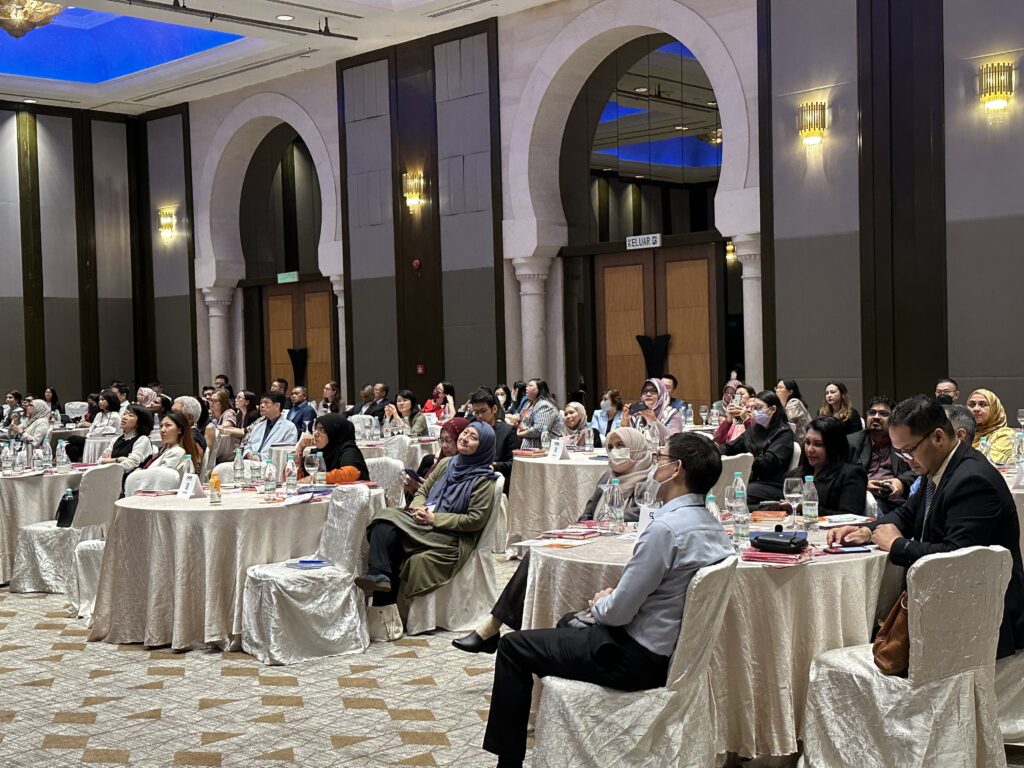IWD 2025: Building equitable workplaces from the ground up

Trust Bank’s Jocelyne Loh shares how the fintech pioneer accelerates workplace equity by fostering inclusivity, gender balance, and leadership diversity.
Beyond budget boost: Workplace revolution to support large families

Singapore’s Large Families Scheme aims to support parents, but workplace culture must evolve to empower parents in caregiving roles.
IWD 2025: Driving change for women at work

In celebration of International Women’s Day, AIA Singapore’s CHRO Aileen Tan reflects on the role of organisations in accelerating gender equality and empowering women in leadership.
Why workplace connection matters more than ever in the age of AI

A global empathy deficit erodes workplace connections, but a shift to empathy-driven leadership and positive psychology could reverse this trend.
Supercharging workforce agility: The AI advantage in upskilling

Building a future-ready workforce requires more than AI adoption—it demands agile upskilling strategies that drive resilience, innovation, and long-term success.
More than half of employees in Hong Kong considering job change, Aon’s study reveals

Nearly 17% of employees in Hong Kong feel undervalued, with 63% considering a job change due to concerns over compensation and career growth.
Empowering people in the age of AI: Three essential skills for 2025

As AI integrates into workplaces, PwC’s Chief People Officer explores the skills needed for success and how AI is changing the game.
How Asia’s mobile-first culture is reshaping workplace communication

As digital transformation reshapes industries, Asia’s traditionally hierarchical workplaces must evolve to embrace mobile-first strategies that foster agility, transparency, and inclusivity.
The steward leader: How HR can drive purpose and profit in 2025 and beyond

As work undergoes rapid transformation, HR leaders must rethink leadership. Enter Steward Leadership—a model bridging purpose, profit, and sustainability.
Technology is the key to employees’ wellbeing at today’s workplace

The magic (and productivity) happens when technology and wellbeing come together.
CHRO Vietnam: Equipping HR leaders for a transforming economy

Join CHRO Vietnam 2025 to explore innovative HR strategies, AI-driven solutions, and talent development techniques to shape Vietnam’s future workforce.
Stop being nice, start being kind: Why real connection at work matters

Being nice to employees may have an undesired effect on morale and productivity. Instead, managers should look at kindness as a better path.
Employers in Singapore show strong readiness for flexible work arrangements, survey finds

Younger employees drive a strong shift towards flexible work, with larger firms embracing it strategically while smaller businesses face challenges.
Breaking the silence: Why migraines must be part of workplace inclusion strategies

Workplace inclusion must evolve to support invisible conditions like migraines, as AbbVie’s Peggy Wu underscores their widespread impact on employees.
Flexible work conditions help overqualified employees achieve work-life balance

Overqualified employees thrive with flexible work arrangements, leading to better work-life balance and stronger family support, new research reveals.
The rising heat: A new challenge for South-East Asia’s workforce

Extreme heat affects more than physical health—it heightens mental stress, reduces focus, and increases workplace accidents across industries.
Singapore workplace bias declines, but gaps remain

Racial discrimination in Singapore workplaces has declined, but minority groups still report higher bias than their Chinese counterparts.
HR’s transformation takes centre stage at CHRO Philippines 2025

Gain cutting-edge HR insights and strategies at CHRO Philippines, empowering leaders to drive innovation and growth.
Employee experience key to Vietnam’s HR growth

Continuing the discussion about HR in Vietnam, RMIT University Vietnam’s Elaine Chew explores how blending cultural values with modern practices shapes employee experience and organisational success.
Workforce readiness crucial for AI success, i4cp’s study finds

i4cp’s latest study highlights how AI upskilling is fuelling productivity gains, with organisations scaling AI seeing significant business growth.
Singapore’s workforce brims with optimism while Hong Kong’s faces uncertainty, MDRi survey reveals

Health and financial stability dominate priorities in Singapore and Hong Kong, with happiness metrics highlighting generational and economic disparities for 2025.
What HR can do in 2025 to fix ‘broken’ corporate DE&I strategies

Albemarle CHRO Melissa Andeson calls DE&I one of the “most controversial areas of the HR profession today.” She still sees opportunities for improving it under the new president.
Employee vitality key to talent retention amidst Singapore’s skills shortage

High-vitality employees report greater job satisfaction, engagement, and productivity, highlighting vitality as a game-changer for Singapore’s competitive talent landscape.
Balancing ethics and productivity in return-to-work processes

Navigating the return-to-work process after mental health leave reveals ethical dilemmas and conflicting goals among key stakeholders.
Vietnam HR: Driving change, fostering engagement, and building a competitive edge

RMIT University Vietnam’s Elaine Chew shares insights on how HR in Vietnam is adapting to a dynamic workforce, navigating digital disruption, and embracing a more egalitarian workplace.
Empowering careers, elevating experiences: HomesToLife’s holistic approach to talent retention

HomesToLife enhances talent retention by fostering career mobility, continuous skill development, and a culture of growth and adaptability.
The AI in HR dilemma: Why tech adoption is stuck in neutral

For many CHROs, tech is now a key responsibility, but progress adopting AI in HR remains limited, according to HR Executive’s reader survey.
How AI is redefining human potential in the workplace

AI is reshaping the workplace, elevating empathy, ethical decision-making, and creativity as essential skills in an automated world.
Navigating the rising tide: Managing employee health benefits in the Philippines

Amid surging medical inflation in the Philippines, organisations are rethinking employee health benefits to tackle rising costs effectively.
Singapore’s talent paradox: Employers seek tech wizards, jobseekers prioritise practicality

Balancing high-tech hiring with jobseekers’ preference for practical roles is the key challenge facing HR in Singapore’s evolving job market.
